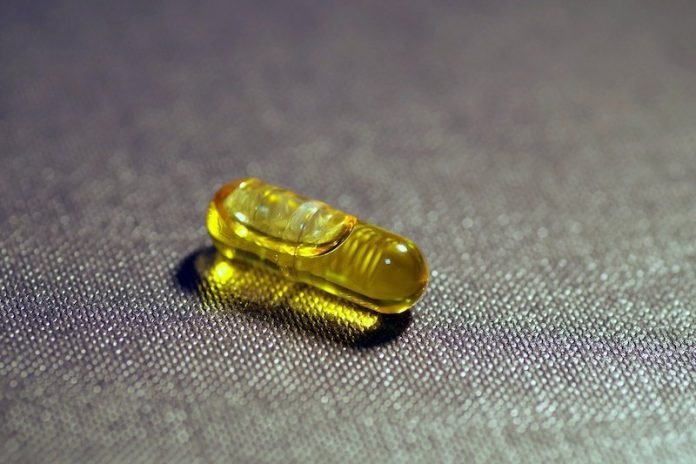
It is widely documented that vitamin D offers many positive benefits to overall health; including boosting the body’s immune response, supporting bone and muscle health, and playing a potentially critical role in suppression of the severe pro-inflammatory response.
Evidence linking vitamin D deficiency with COVID-19 severity is circumstantial but growing.
A recent study from the Trinity and the University of Liverpool suggests that the lack of vitamin D and ultraviolet be linked to COVID-19 mortality in northerly latitudes.
The findings offer fresh insight into COVID-19’s impact across countries, and the factors that influence its severity.
The study is published in BMJ Nutrition, Prevention & Health. One author is Professor Rose Anne Kenny, principal investigator of TILDA.
In the study, the team examined how and why COVID-19 affects populations in different ways.
They reported COVID-19 mortality rates per million population in 117 countries with 150 or more COVID-19 cases.
They found that the proportion of older people in each country greatly affected COVID-19 mortality rates, but after adjustment for this, a strong association remains across the Northern hemisphere between more northerly latitude and higher death rates from COVID-19.
The association between COVID-19 mortality and latitude exists above 28 degrees, not far from the latitude (35 degrees) beyond which populations often have insufficient ultraviolet B exposure, to maintain normal vitamin D blood levels through winter and spring.
The researchers point out that if the association between vitamin D deficiency and COVID-19 severity is causative, the disease should prove seasonal since more severely affected individuals are infectious for longer.
They recommend supplementation of 800-1000 International Units (20 -25 micrograms) daily to ensure normal blood values, especially for those at greater risk of deficiency, such as people with darker skin or living in institutions.
The team says given the high prevalence of vitamin D deficiency in many northern latitude countries, the reduction in outdoor physical activity during COVID, and the safety of vitamin D, public health bodies in Ireland and UK are recommending that older persons, those who are mainly indoors and those from other high-risk groups such as BAME, should take regular supplements.
Copyright © 2020 Knowridge Science Report. All rights reserved.



